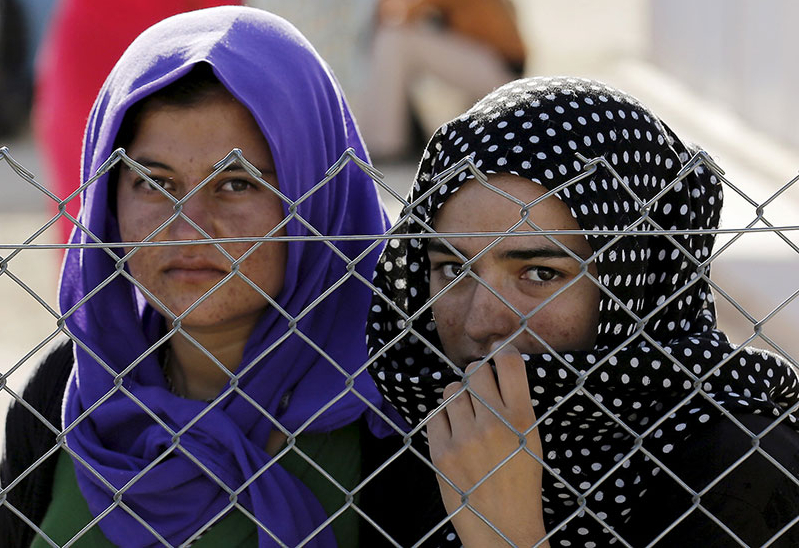
A Christian aid worker in Spain has shared how many Syrian refugees in the country are "frustrated" with Islam and are converting to Christianity after witnessing the love of Christ firsthand.
Pablo, the leader of a small, indigenous ministry that helps resettle war-scarred refugees from Syria, Ukraine and elsewhere, shared with Christian Aid Mission the story of Amer and his wife, Sana.
Having lost everything and watched his father die while fleeing to Europe from Islamic State atrocities in Syria, Amer was a broken man when he arrived in Spain along with his wife and two teenage children.
Although a professing Muslim, Amer was embittered toward religion after seeing Islamic State militants kill, rape and mutilate in the name of Islam. He viewed Islam as impossible to believe, but saw no way to leave the religion due to cultural pressure.
The family made it to Germany before they were sent to Cadiz Province, on the southern tip of Spain, as part of a European Union program to distribute refugees more evenly.
Because they were suspicious of Christians and disillusioned enough by the cruel way they had been treated in Europe, Amer and his wife were dismayed to have to deal with an outfit run by Christians.
"They didn't want to talk with us," Pablo said. "But then they were not able to find a flat, and we helped them get housing. We started building bridges with them and other Syrians through events such as a Syrian food festival. One day, they asked us why we were doing all of this."
It was then that they began to learn of the love of God from Pablo and the other ministry workers as they explained to the family that, as Christians, they were expressing God's compassion and kindness.
"Syrian refugees are very frustrated with Islam, and when you begin to show the love of God and tell them about the love of God in the gospel, they say they've never heard of that," Pablo said. "They started coming to church, and one of the brothers began visiting them in their apartment, and that's where they put their trust in Jesus."
CAM reveals that every six months the EU sends 150 such refugee families to the ministry for assistance in getting resettled, stretching the indigenous ministry's human and financial resources.
While the Spanish government pays 80 percent of the initial resettlement expenses, the ministry struggles to pay the remaining 20 percent, which goes toward blankets, food, furnishing apartments, gas for cooking and heating water, teaching Spanish, jobs training and starting non-profit business enterprises to help sustain the immigrants.
After 18 months, the government assistance stops, and the immigrants along with the indigenous ministry have to cover all costs. Still, the Christian organization continues to minister, establising 60 small house churches in the province. Since January, an increasing number of refugees have attended services.
"We train the first believer to share Christ with his family, other relatives and neighbors, and he teaches the others to do it," Pablo said. "So then every believer does the same thing - he has to start a new church. They meet in accountability groups where they discuss what evangelizing they did each week, what they didn't do, and if not, why not and how can they help."
Additionally, the ministry resettles Muslim families close to Christian families to "build bridges" between them. Through this, many refugees have come to know the Lord.
"Spaniards in our churches left their homes and rented them to the Syrians," Pablo said. "The Christians said, 'We can live anywhere, but these refugees can't - we'll rent ours to them.'"
To learn how you can support indigenous missionaries, click here.






